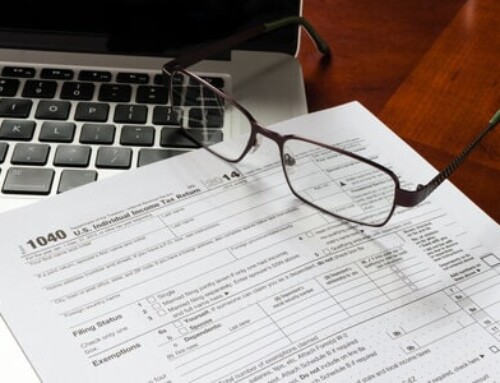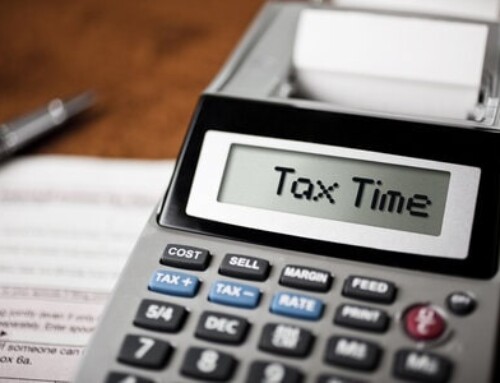 Retirement Income Taxation
Retirement Income Taxation
Retirement income taxation is something that many overlook when planning for retirement. But it is a very important subject that you should not forget about, as it can make a big difference in what you have left to live on. In this article, we will go over the taxation of several sources of retirement income.
Tax-Deferred Accounts
Tax-Deferred Accounts that are funded with pre-tax money include such accounts as 401(k)s, 403(b)s, and Traditional IRAs. Withdrawals from these accounts are fully taxable. You will pay the same tax rate as you do on your ordinary income at the top of your tax bracket.
Taxable Accounts
Taxable accounts are non-qualified brokerage accounts that hold such things as stocks, bonds, and mutual funds. You will have to pay taxes on any profits made from the sale of investments held in these accounts. The tax you pay is capital gains. The rate you pay will depend on your holding period. If you held the investment for less than one year, you will pay short-term capital gains rates. This rule is the same as the rate you pay on ordinary income. If you held the investment for one year or longer, you will pay long-term capital gains rates. This will be based on your tax bracket. For example, if you are in the 10-12% tax bracket you will pay a 0% long-term capital gains rate, if you are in the 12-35% tax bracket you will pay a 15% long-term capital gains rate, and if you are in the 35-37% tax bracket you will pay a 20% long-term capital gains rate. Additionally, based on your income, your capital gains may also be subject to special taxation referred to as a tax on Net Investment Income of 3.8%.
Roth IRA
If your Roth IRA has been open for at least five years and you are 59 1/2 or older your withdrawals will be tax-free. Additionally, Roth IRAs do not have Required Minimum Distributions.
Social Security Benefits
Many are not aware that a portion of their Social Security Benefits may be taxable. Whether or not your benefit will be taxable will depend on your provisional income. Your provisional income is calculated by adding your adjusted gross income with your tax-free interest and 50% of your social security benefits. If your provisional income is between $24,000 and $34,000 (single) or between $32,000 and $44,000 (married), up to 50% of your benefits are taxable. If your provisional income is over $34,000 (single) or $44,000 (married) up to 85% of your benefit is taxable. You can use IRS Publication 554 to help you calculate your personal taxation rate.
Pensions
If all of your pension contributions were made pre-tax, all pension payments you receive will be fully taxable at ordinary income rates.
Annuities
The taxation of your annuity payments will depend on what type of funds you used to purchase it. If you used pre-tax money to fund your annuity, then your payments will be 100% taxable. If you funded your annuity with after-tax money, the portion of your payment that represents your principal is tax-free, the remainder will be taxable. The insurance company must tell you what your taxable percentage will be.
Your Retirement Income Taxation
It is our hope that our guide to retirement income taxation will help you determine how much of your retirement portfolio is taxable. Use this knowledge to help refine your retirement plan so that you can halve a successful retirement.
Questions? Want to schedule an appointment? Contact us by clicking here.






Leave A Comment
You must be logged in to post a comment.